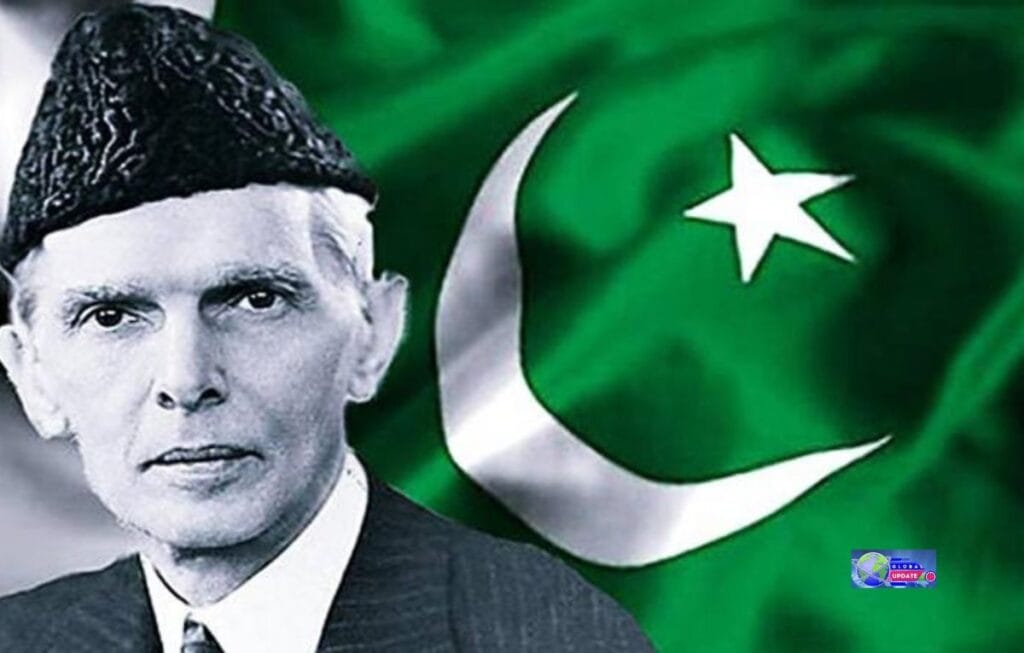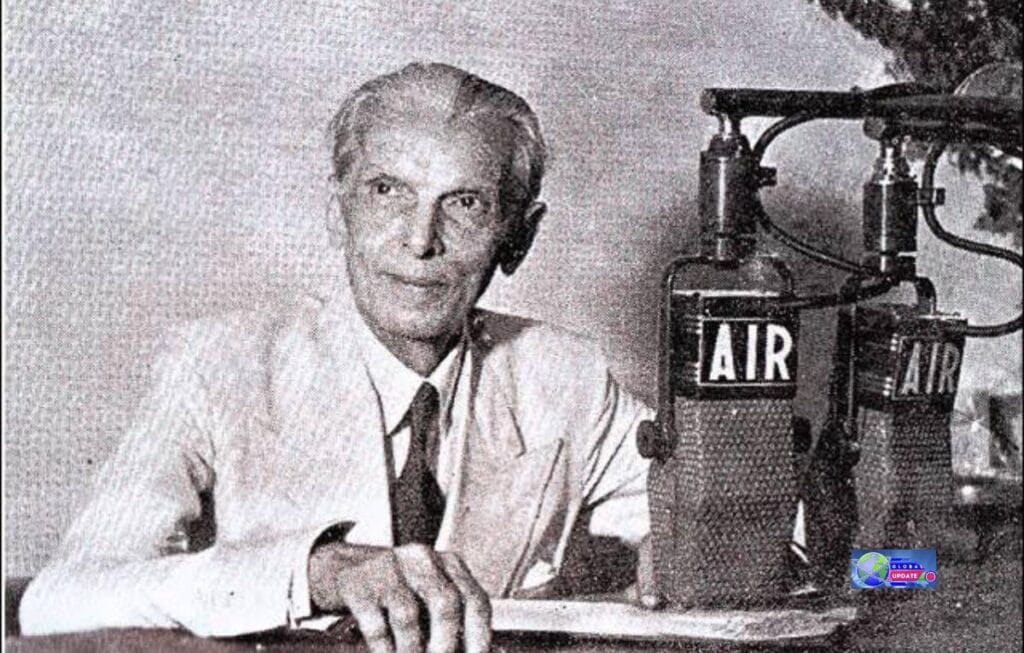The first Governor-General of Pakistan was Quaid-e-Azam Muhammad Ali Jinnah, the founder of the nation.
He assumed the position on August 15, 1947, a day after Pakistan emerged as an independent state. Serving as both the head of state and a guiding political force, Jinnah was instrumental in creating the country’s early administrative and constitutional framework.
As Governor-General, Jinnah worked tirelessly to establish governmental institutions, ensure law and order, and promote unity among Pakistan’s diverse communities.
His tenure, though brief due to his ill health, was marked by his continued dedication to democracy, justice, and the vision of a progressive, inclusive Pakistan. He held this position until his demise on September 11, 1948.
Jinnah’s legacy as Pakistan’s first governor-general has remained inspirational for generations, symbolizing leadership, integrity, and the relentless fight for national interests.
Muhammad Ali Jinnah—Founder of Pakistan.
Muhammad Ali Jinnah (December 25, 1876–September 11, 1948) is remembered as the Father of the Nation and the driving force behind the creation of Pakistan. Born in Karachi during the British colonial period, Jinnah began his career as a barrister after studying law in London.

Education in England
- Sir Frederick Leigh Croft, a business partner of Jinnahbhai Poonja, offered young Jinnah a job as an apprentice at his company, Graham’s Shipping and Trading Company, in London in 1892.
- He accepted the job despite his mother’s objections. Before he left, she arranged a marriage for him with his cousin, who is two years younger and from the ancestral town of Paneli. While he was away in England, Jinnah’s mother and first wife both died.
- A lawsuit against his father, which threatened to seize the family’s property, led to Jinnah’s exile.
- He saw the training in London as an excellent opportunity.
- He moved his family to Bombay in 1893.
Role in the Freedom Movement.
Initially a member of the Indian National Congress, Jinnah advocated Hindu-Muslim unity. However, political differences and concerns over minority rights led him to join the All-India Muslim League.
His leadership transformed the League into a powerful voice for Muslims in the Indian subcontinent, ultimately leading to the demand for a separate homeland.
Architect of Pakistan.
Through tireless political negotiations, speeches, and strategic leadership, Jinnah became the central figure in securing Pakistan’s independence on August 14, 1947.
He envisioned a democratic state where all citizens, regardless of religion, would enjoy equal rights.
First Governor-General.
After independence, Jinnah became Pakistan’s first governor-general and worked to lay the foundations of the new state. He focused on building institutions, maintaining law and order, and guiding the nation through its formative challenges.
Death and Legacy.
Jinnah passed away on September 11, 1948, just over a year after independence. His legacy as Quaid-e-Azam (“Great Leader”) endures, symbolizing determination, leadership, and the unyielding pursuit of a national vision.



